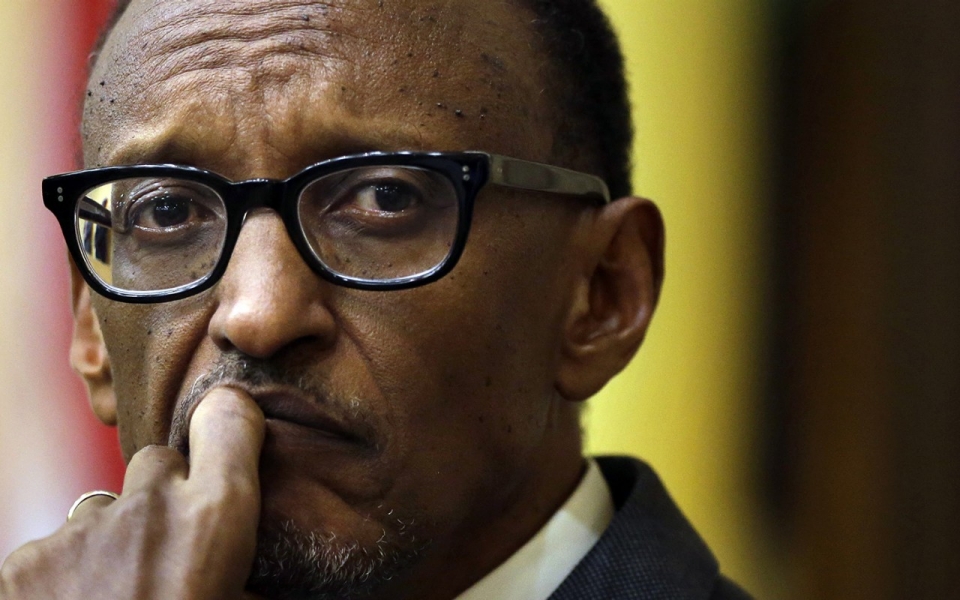KIGALI – Rwanda says France should end its investigation into the shooting of the plane carrying former President Juvenal Habyarimana on April 6, 1994, which has dragged on for years.
Kigali said the lengthy inquiry into the downing of the plane is a distraction from Paris’ own role in the massacres that claimed nearly one million people.
Last week, French Judges Jean-Marc Herbaut and Natalie Poux said they had concluded investigations after listening to all the witnesses, opening a 90-day period for any objections or new witnesses to file petitions, before the probe is permanently closed and a report published.
On Friday, Rwanda’s Minister of Justice and Attorney-General Johnston Busingye said France should close the probe as it had diverted attention from the country’s complicity in the atrocities.
Rwanda fears the probe could be reopened before the 90 days elapse as has happened three times since it began in 2006.
Point of contention
The French probe, which was opened by Judge Jean-Louis Bruguière in 2006, has been a point of contention between Kigali and Paris, leading to several diplomatic rows, including severing of ties. It has also been a source of differing narratives on the 1994 Genocide against the Tutsi.
Judge Bruguière accused senior members of the then rebel group Rwanda Patriotic Front (RPF-Inkotanyi) of downing the plane, thereby sparking the genocide.
Kigali rejected the accusations, saying the genocide was planned and executed with the support of France and that the plane was downed by Hutu extremists who did not want President Habyarimana to continue with the peace talks.
The accused senior members of RPF include Defence Minister Gen James Kabarebe, Lt Gen Charles Kayonga, currently Rwanda’s Ambassador to China, Maj Gen (rtd) Sam Kaka Kanyemera, Maj Gen (rtd) Jack Nziza, Lt Col (rtd) Rose Kabuye, Lt Col Jacob Tumwine, and Franck Nziza.
The plane was shot down as it approached Kanombe International Airport from Arusha, Tanzania as President Habyarimana and former Burundi president Cyprien Ntaryamira returned from peace talks between the rebels and the government.
Following a diplomatic rapprochement in 2010, Judge Bruguière stepped aside to allow two new judges to take over the case. The two judges, Marc Trévidic and Nathalie Poux, came to Rwanda in 2010 to conduct their own investigations and with the support of ballistic experts concluded that the missiles were fired from the Kanombe area, which was under the control of government troops.
New witnesses
The findings seemed to corroborate Rwanda’s own findings and set diplomatic ties between the two countries on a smooth track. However, Judge Trévidic later stepped down and in came Judge Herbaut. The judges asked to hear new witnesses. This decision angered Kigali.
Rwanda said it would start investigations into senior French officials accused of abetting the genocide and begin legal proceedings against them.
This latest development comes after Rwanda issued its own investigative report titled, The Muse Report last week, which called for investigation of French government and military officials over the genocide.
Rwanda has authored two reports in the past, the Mucyo and Mutsinzi report, both of which point to members of Akazu — an inner circle of Hutu extremists — of orchestrating the downing of the plane and planning the genocide.



